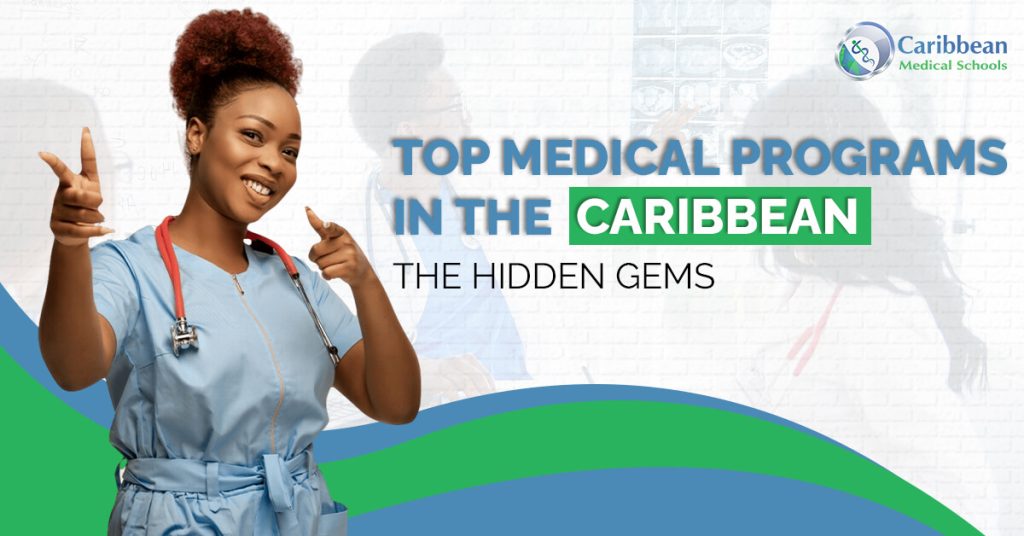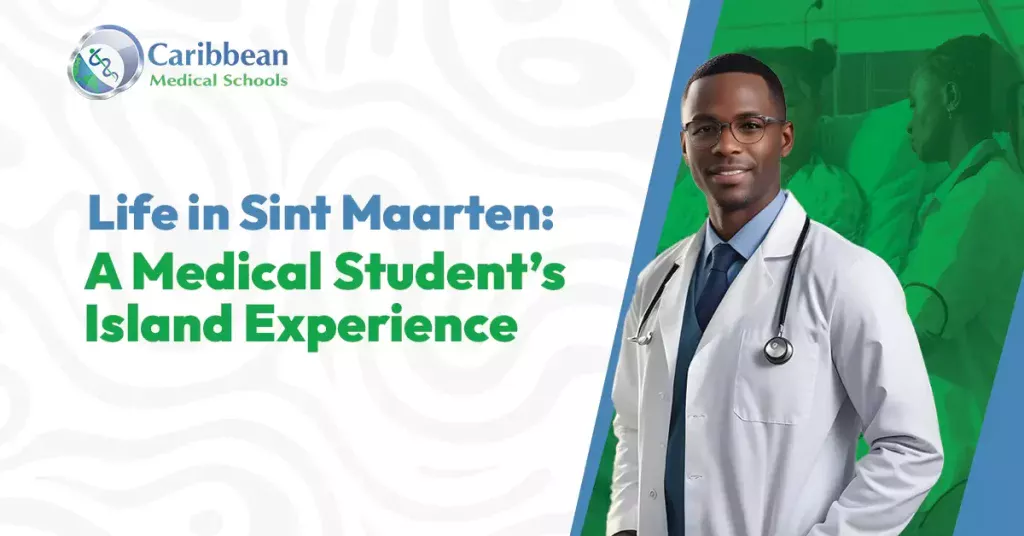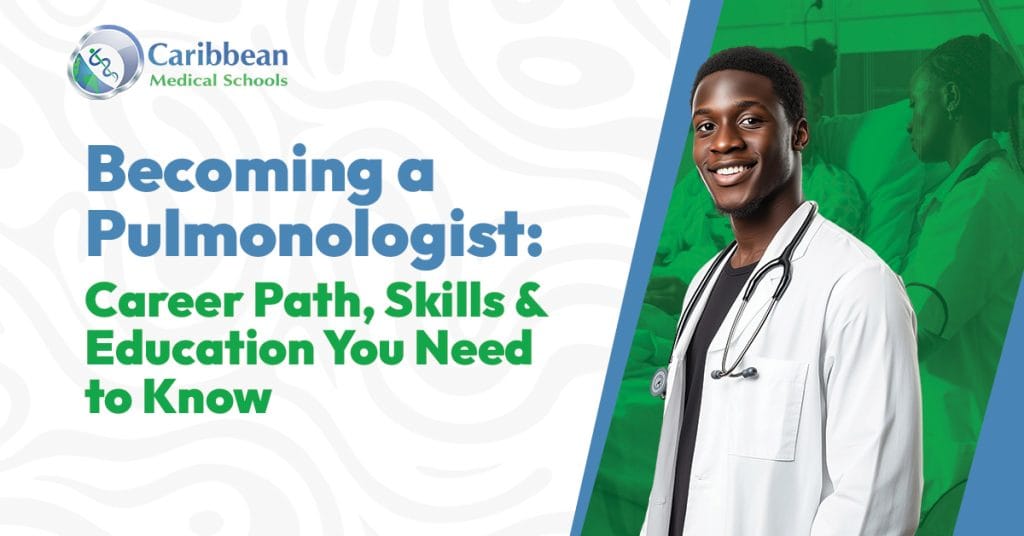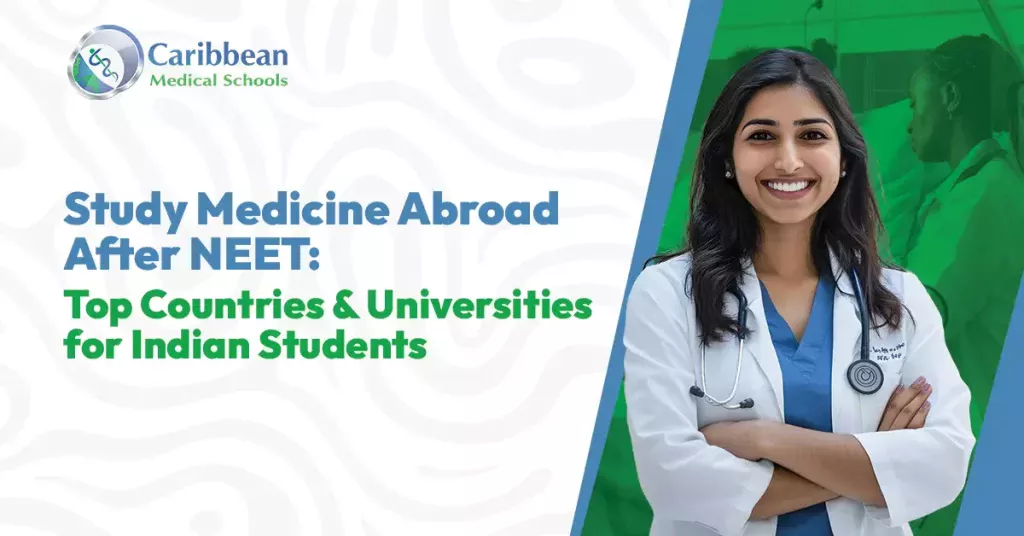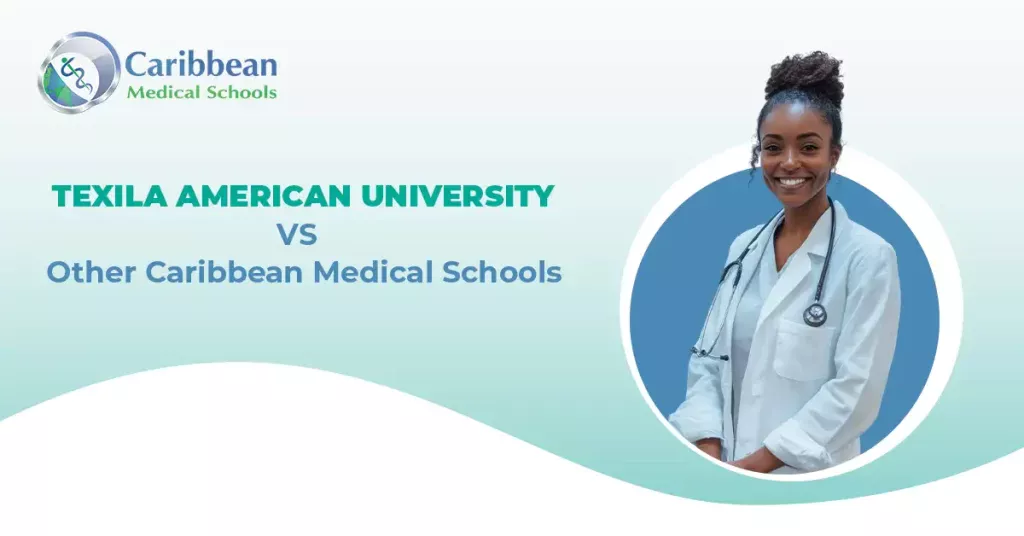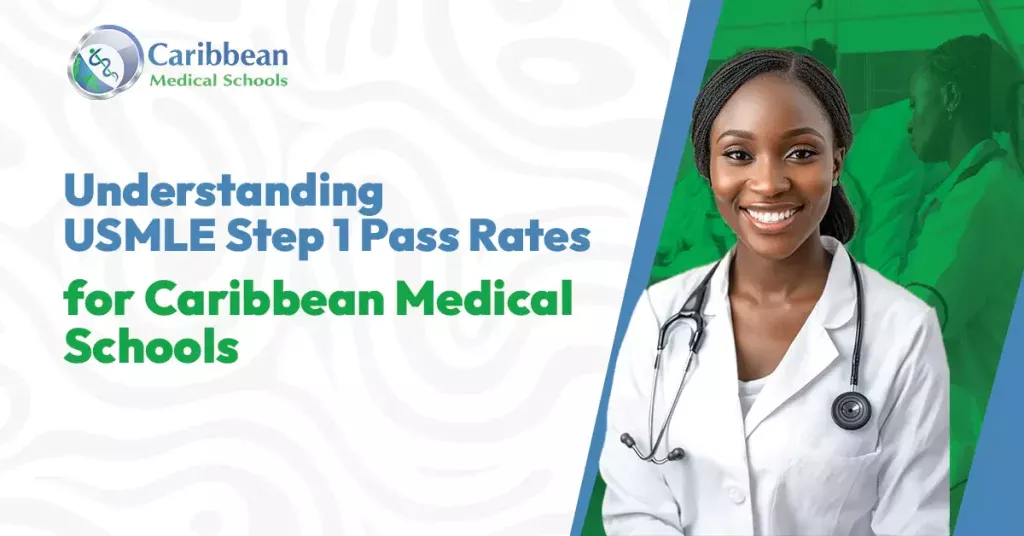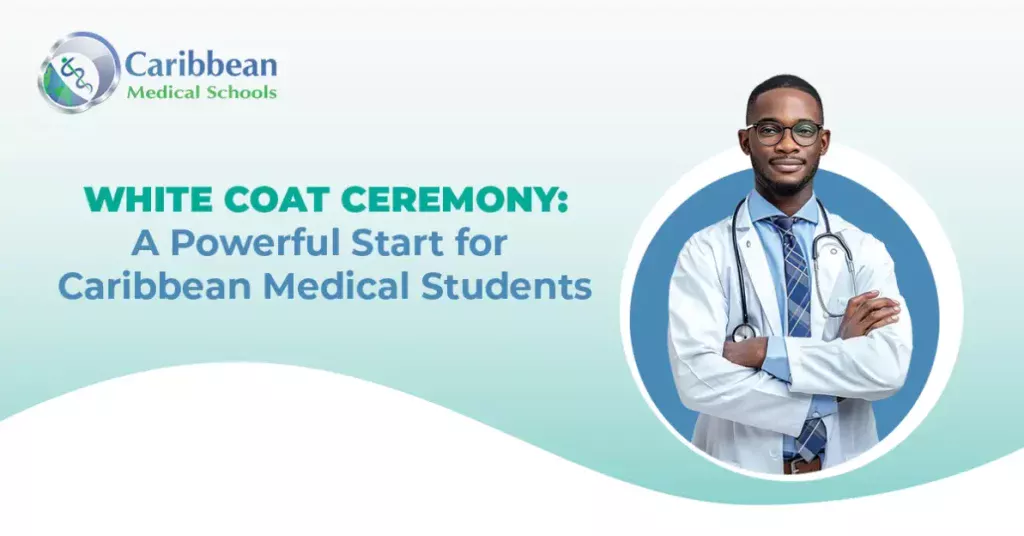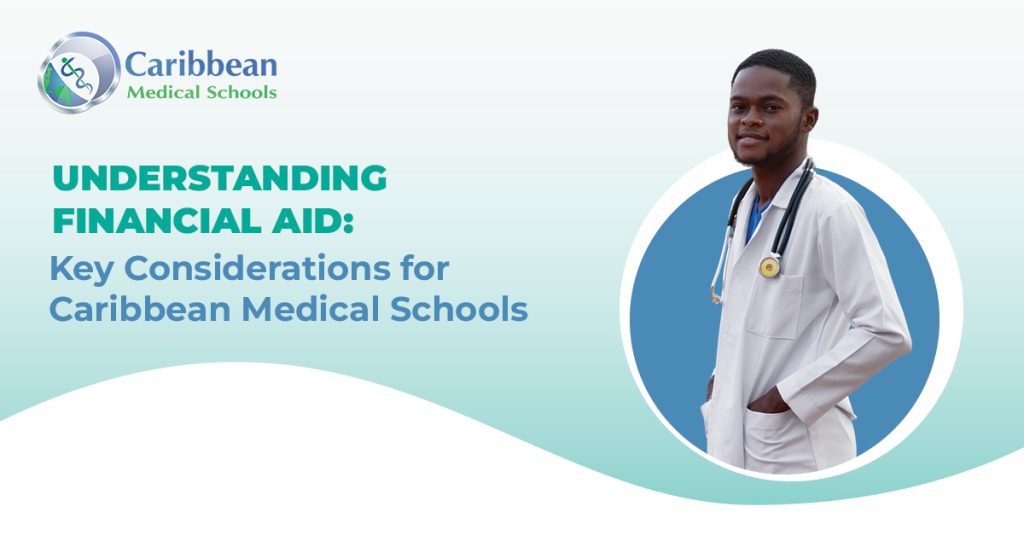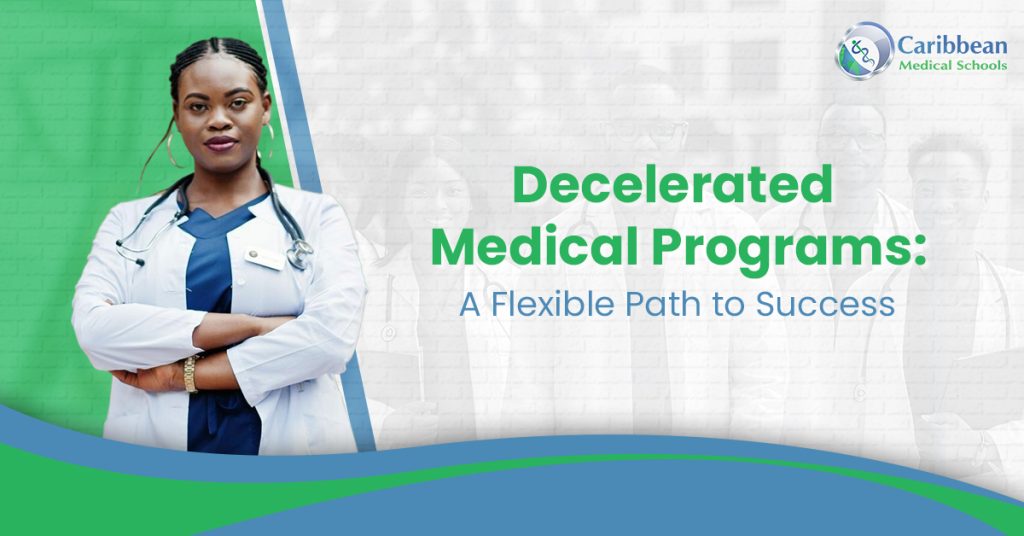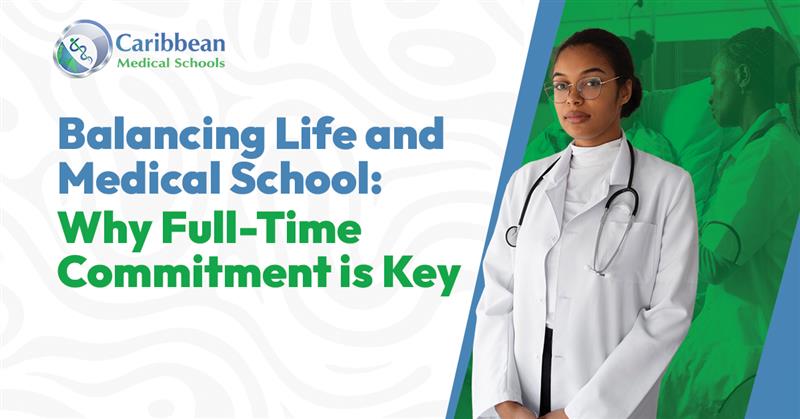Blog Summary
In recent years, the Caribbean has emerged as a noteworthy destination for aspiring medical professionals seeking quality education and training. These medical programs have gained recognition for their comprehensive curriculum, state-of-the-art facilities, and highly qualified faculty. Students benefit from hands-on clinical rotations in well-equipped hospitals, gaining invaluable real-world experience while being exposed to a diverse range of medical cases. Additionally, the Caribbean’s multicultural society fosters an inclusive atmosphere, preparing future doctors to work in a globalized healthcare landscape.
Introduction
Pursuing a career in medicine is a dream that many aspire to achieve. For those seeking an alternative pathway to medical education, the Caribbean offers a range of hidden gems in the form of medical programs that often go unnoticed. These institutions provide excellent medical education, unique experiences, and a chance to explore a vibrant cultural backdrop. In this article, we’ll delve into the top medical programs in the Caribbean, revealing the reasons they stand out and addressing frequently asked questions.
Why Consider Medical Programs in the Caribbean?
Caribbean medical schools have gained recognition for their well-rounded curriculam, experienced faculty, and innovative teaching methods. Here are a few reasons why you might want to consider these hidden gems:
Accessible Entry Requirements: Some Caribbean medical programs have more flexible entry requirements compared to those in other countries, providing opportunities for students who might have faced challenges in traditional medical school admissions.
Diverse Clinical Experience: The Caribbean’s diverse patient population and exposure to a wide range of medical conditions contribute to a comprehensive clinical experience that prepares students for a variety of medical challenges.
International Recognition: Many Best Caribbean medical schools are recognized by international medical organizations, allowing graduates to pursue medical licensure and residency opportunities in various countries.
Cultural Enrichment: Studying in the Caribbean offers the chance to experience different cultures, languages, and ways of life, adding a unique dimension to your education.
Top Medical Programs in the Caribbean
St. George’s University (SGU), Grenada: SGU is one of the most well-known Caribbean medical schools, offering a comprehensive medical curriculum and numerous residency placements in the United States and other countries. The university’s state-of-the-art facilities, experienced faculty, and diverse student body contribute to a rich learning environment.
Texila American University (TAU): TAU is one of the Accredited Caribbean Medical Schools that involves advocating for its holistic curriculum, intertwining fundamental scientific education with hands-on clinical exposure, thereby equipping students for a seamless shift into real-world clinical environments. The university’s partnership with esteemed teaching hospitals in the United States enriches students with priceless practical knowledge and opens doors to potential avenues for further residencies.
American University of the Caribbean School of Medicine (AUC), St. Maarten: AUC’s curriculum emphasizes active learning, problem-solving, and critical thinking, nurturing well-rounded medical professionals. The institution’s partnerships with hospitals across the US and Canada facilitate clinical rotations and post-graduate placements.
University of the West Indies (UWI), Multiple Campuses: UWI’s medical programs are offered across several Caribbean campuses, providing students with exposure to diverse healthcare settings and a focus on tropical medicine.The university’s established reputation and collaborations contribute to its graduates’ success in various medical fields.

Benefits of Caribbean Medical Programs
Diverse Learning Environments: One of the key advantages of pursuing medical education in the Caribbean is the exposure to diverse learning environments. These programs attract students from all corners of the globe, creating a multicultural atmosphere that is invaluable for future doctors. Collaborating with peers from different backgrounds enhances communication skills and fosters a deeper understanding of cultural nuances in patient care. This diversity cultivates well-rounded, culturally sensitive physicians who can excel in an increasingly globalized healthcare landscape.
Robust Clinical Experience: Caribbean medical programs prioritize hands-on clinical experience from an early stage. With access to state-of-the-art medical facilities and a wide range of patients, students gain exposure to a diverse array of medical cases. This practical learning approach prepares students for the real challenges they will face as medical professionals. From working in community clinics to major hospitals, Caribbean programs provide ample opportunities to apply theoretical knowledge in real-world scenarios.
Expert Faculty: Contrary to misconceptions, many Caribbean medical schools boast highly qualified faculty members who are experts in their respective fields. These educators bring a wealth of clinical experience and academic knowledge to the classroom. Small class sizes foster an interactive learning environment, allowing students to engage directly with professors and seek personalized guidance. This close relationship between faculty and students is instrumental in building a strong foundation for medical education.
Global Networking: Medical programs in the Caribbean have an extensive network of alumni spread across the world. This global network can open doors to international collaboration, research opportunities, and potential job placements. The connections formed during these programs often prove invaluable throughout a medical career, providing access to a wide range of resources and insights from professionals working in various healthcare systems.
Emphasis on USMLE Preparation: Many Top Ranked Medical Schools in the Caribbean are recognized for their focus on preparing students for the United States Medical Licensing Examination (USMLE). A strong performance on the USMLE is essential for graduates seeking to practice medicine in the United States. These programs offer dedicated resources, preparatory courses, and practice exams to ensure students are well-prepared to excel in this critical examination.
Affordability and Accessibility: Compared to medical schools in North America and Europe, Caribbean medical programs are often more affordable, making them an attractive option for students seeking quality education without the burden of excessive student debt. Additionally, the location of these schools provides students with the opportunity to experience life in a vibrant tropical environment, enhancing their overall educational experience.
Cultural Competency: Medical professionals must be equipped to provide care to patients from diverse backgrounds. Caribbean medical programs inherently instil cultural competency in their students, as they learn to interact with patients from various cultures, ethnicities, and socio-economic backgrounds. This skill is indispensable in delivering effective, patient-centred care and is highly regarded by healthcare institutions worldwide.
Rigorous Accreditation Standards: To ensure the quality of education, many Caribbean medical programs adhere to stringent accreditation standards set by global accrediting bodies. These standards ensure that the curriculum, faculty, facilities, and overall educational experience meet or exceed international benchmarks, providing students with a reputable medical education that is recognized globally.
Conclusion
Exploring medical programs in the Caribbean presents a unique opportunity to receive a quality medical education while immersing oneself in a culturally rich environment. The hidden gems of Caribbean medical education have earned recognition for their innovative teaching methods, international recognition, and diverse clinical experiences. As with any educational endeavor, thorough research and consideration of your personal goals will guide you in making an informed decision about pursuing your medical career through these esteemed Caribbean institutions.

